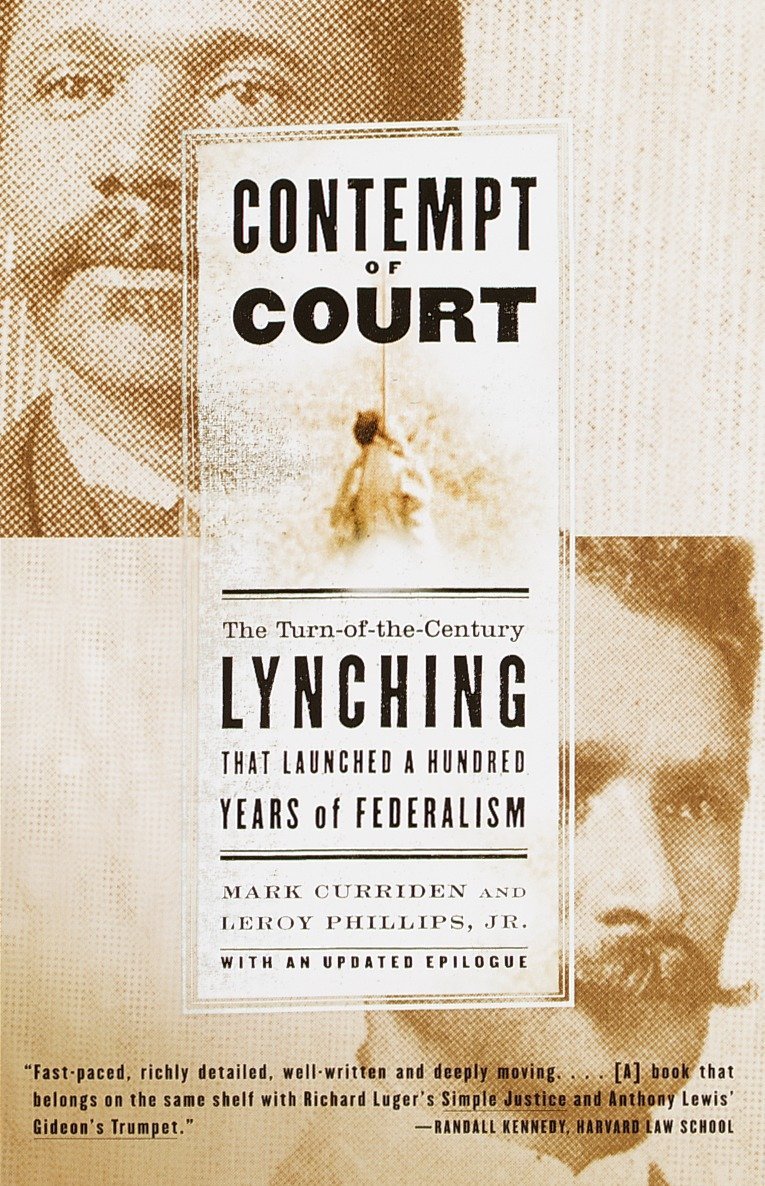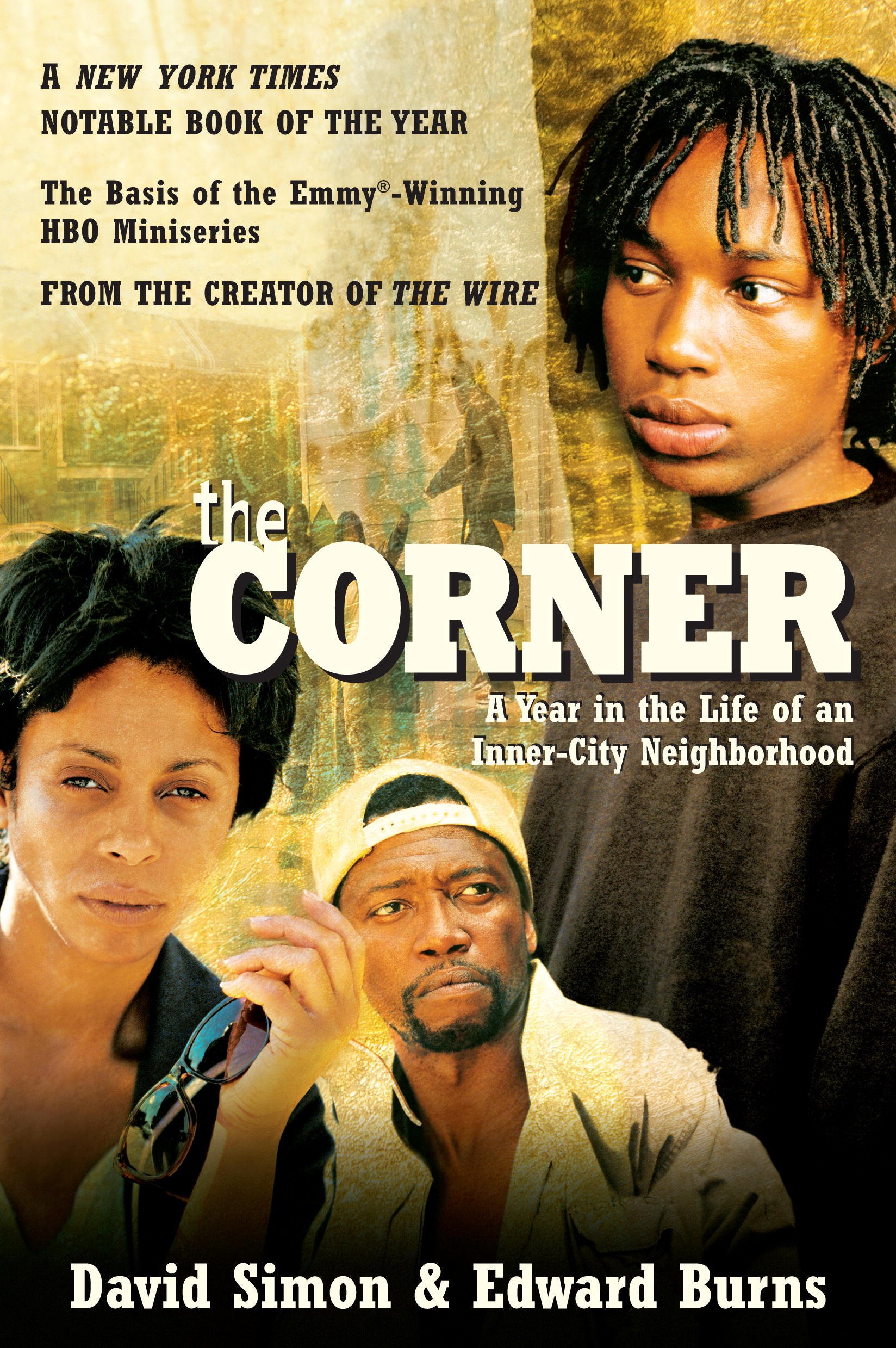 I was sad to learn over the weekend that former president Jimmy Carter has entered hospice care. But I’m not surprised that President Carter is facing the end of his life the same way he’s behaved his entire life – with dignity and grace.
I was sad to learn over the weekend that former president Jimmy Carter has entered hospice care. But I’m not surprised that President Carter is facing the end of his life the same way he’s behaved his entire life – with dignity and grace.
Carter was the first person I voted for for president, with an asterisk. The asterisk being that I was in middle school and I voted for Carter in a mock election. It’d be a few more cycles before I was actually old enough to cast an official ballot, which I did, with the same disappointing results.
He lost the mock election by about the same margin that he lost the actual election. Kids took cues from their parents about who to vote for, and parroted political ads and talking points when we discussed it in class. It was an early lesson for me in just how pervasive and toxic political ads and such could be.
He took office at a very difficult time. Post-Watergate, post-Vietnam, gas crisis, hostage crisis… disco… he was blamed or took the brunt of a lot of issues he had no hand in creating.
I have only vague memories of the headlines during his term, and Doonesbury’s commentary on his presidency as it happened. But I know my father was pro-Carter and seemed to approve of the job he was doing. Mostly. My dad was not one to give a pass to a politician just because he voted for them. I do know he voted for Carter twice, and wasn’t pleased that Reagan won.
But, I can say that Carter has been a model ex-president and seems to have dedicated his post-presidency life to helping people. He seems to embody the Christian values he champions, and that deserves respect. He seems like a kind, humble, decent person. Those are in short supply. He certainly stands in stark contrast to others who’ve held the office since.
Entering hospice care, publicly, is just one more way that President Carter is leading by example. I’m saddened by its necessity, but I deeply respect his decision to choose to end medical intervention to prolong life and instead receive hospice care to face end of life with dignity. I hope that will spark some conversations and planning for others, because it’s a tough road to navigate in any event but doubly so if you put off those discussions until they’re necessary.
I hope that his remaining days are pain-free and peaceful, and to see more like him in the White House before I reach the end of mine. Godspeed, President Carter.
(I couldn’t resist the cheap shot at disco, because it was a very 80s thing to do. In retrospect, I actually quite like a lot of disco music and it’s just one of many things I’d school younger me about if I had the chance to go back in time and have a conversation with him. Not the top of the list, but it’d be on the list.)








